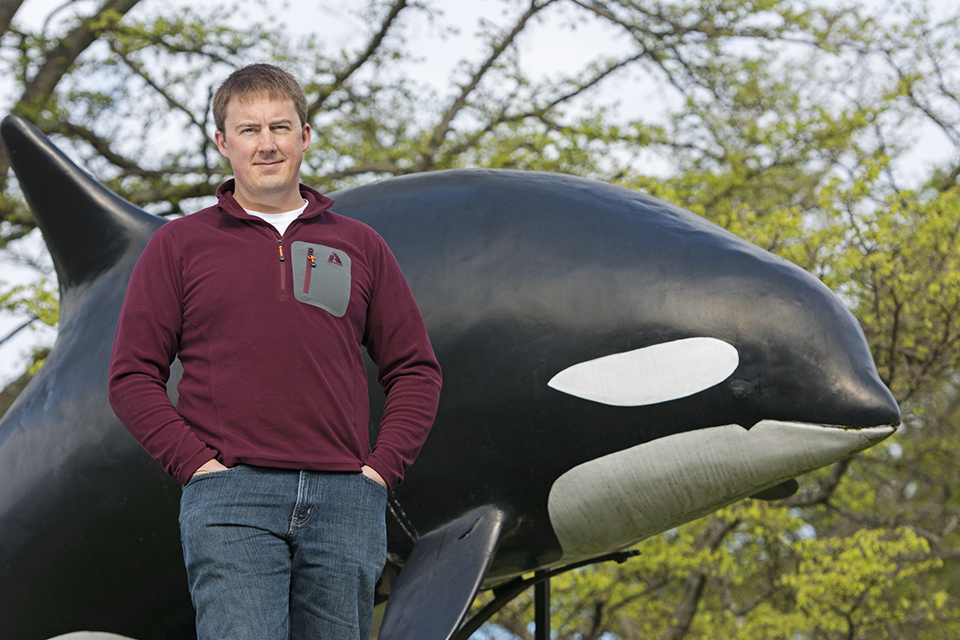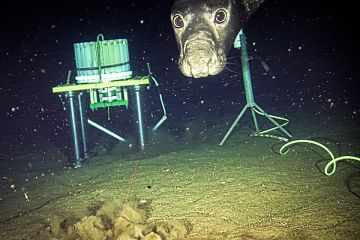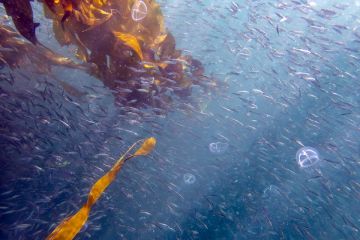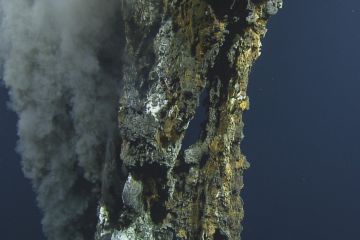Expert on grieving orca mother and whale calf

In July 2018, University of Victoria faculty member was available to media to provide comment on the news that attracted international attention about the southern resident orca mother carrying her dead calf for seven days and subsequently falling behind her pod.
Update, June 2021: Media continue to turn to UVic historian Jason Colby for expert perspective on the history of interactions between people and whales, including most recently for two podcasts: a “Pods of Orcas” episode (Spotify) and for the Capital Daily series (Apple Podcasts) out of Victoria.
Jason Colby (Dept. of History) is a specialist on the history of people and marine mammals in the Pacific Northwest. He is available to offer historical perspective on the crisis facing the endangered southern resident killer whale population. Having recently published a new book, Orca: How We Came to Know and Love the Ocean’s Greatest Predator, Colby can comment on the history of killer whale captures and the environmental politics of the Salish Sea; provide a longer view of the food decline this population has been suffering as far back as the 1890s and since the damming of the Columbia River—which almost certainly used to be a bigger part of their food supply than it is today; and can also offer perspective on why orcas are so important to us now. Says Colby: “This is a test case on how committed people in this region and beyond are to the health of the Salish Sea, and to what extent the US and Canada can cooperate to save an iconic animal.” (Office: 250-721-7389 or jcolby@uvic.ca)
- More about Colby’s new book
- More about Colby’s research (2015)
- View a video of Colby on UVic YouTube
- To view all Faces of UVic Research videos: www.youtube.com/user/FacesOfUVicResearch
Photos
Media contacts
Stephanie Harrington (University Communications + Marketing ) at 250-721-6248 or smharrin@uvic.ca
Tara Sharpe (University Communications + Marketing) at tksharpe@uvic.ca
In this story
Keywords: oceans, orca, killer whale, conservation, wildlife, history, humanities
People: Jason Colby





